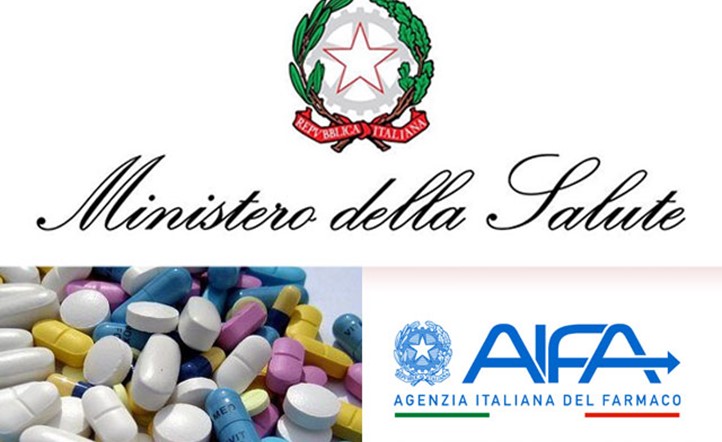NICE says evidence that COVID-19 treatment Evusheld is effective in protecting vulnerable adults against current variants is lacking as it announces new rapid update process for COVID-19 medicines

NICE has today (16 February 2023) issued draft guidance for public consultation which does not recommend Evusheld for preventing COVID-19 in adults who are unlikely to have an adequate immune response to COVID-19 vaccination, or who can’t be vaccinated.
Evusheld is not recommended for vulnerable adults who are at high risk of severe COVID-19 because there is not enough evidence of its effectiveness against current variants and those likely to be circulating in the next 6 months.
Today’s draft guidance comes after last month’s decision by the US drug regulator to withdraw its emergency use authorisation for Evusheld as a preventative treatment for COVID-19, which said there was insufficient evidence that Evusheld is effective against the dominant variants of COVID-19 in the US.
NICE’s independent appraisal committee has reached the same conclusion having considered evidence which shows Evusheld is unlikely to prevent infection with most of the variants circulating in the UK now and in the near future.
NICE has also announced that it is developing a new review process to update recommendations on the cost-effectiveness of COVID-19 treatments so they can be made available more quickly to patients if they show promise against new variants and are found to be cost-effective.
Helen Knight, director of medicines evaluation at NICE, said: “We know that today’s decision will be disappointing for the many thousands of people who do not get the same protection from vaccination against COVID-19 as most people, and who therefore continue to significantly modify their behaviour to avoid infection.
“The rapidly evolving nature of COVID-19 means we need to have a way of establishing the cost effectiveness of existing medicines against current variants in an agile way. That is why we are developing a process to monitor real world data and re-evaluate the medicines as needed against that data in a faster way than we currently do for other drugs. The ambition is that we will be able to produce updated recommendations in as little as 6 to 8 weeks from receiving a positive signal of effectiveness.”
In developing the draft guidance on Evusheld, the committee heard from, and took into account the views and experiences of patient experts who described the challenging ongoing impact of COVID-19 on their lives and the lives of others with a high risk of severe infection who are not protected following vaccination.
The committee also heard that the only evidence showing any clinical benefit for Evusheld was from a trial completed earlier in the pandemic when different variants of the COVID-19 virus were circulating. None of the clinical evidence studies included evidence against current variants because of the rapidly evolving nature of COVID-19.
Because the way treatments like Evusheld work mean that mutations in the COVID-19 virus can easily reduce their effectiveness, the committee also considered evidence from in vitro studies. These lab-based studies can be used to quickly assess how well treatments work against new variants, and therefore predict whether they will work in the real world to protect people.
Evusheld did show some effectiveness against some older Omicron variants in the in vitro studies. However, the studies showed clearly that it did not work against the current common and fastest growing variants.
The draft guidance is open for public consultation until 9 March 2023. The committee will consider any comments received at a meeting currently due to take place on 4 April 2023.
